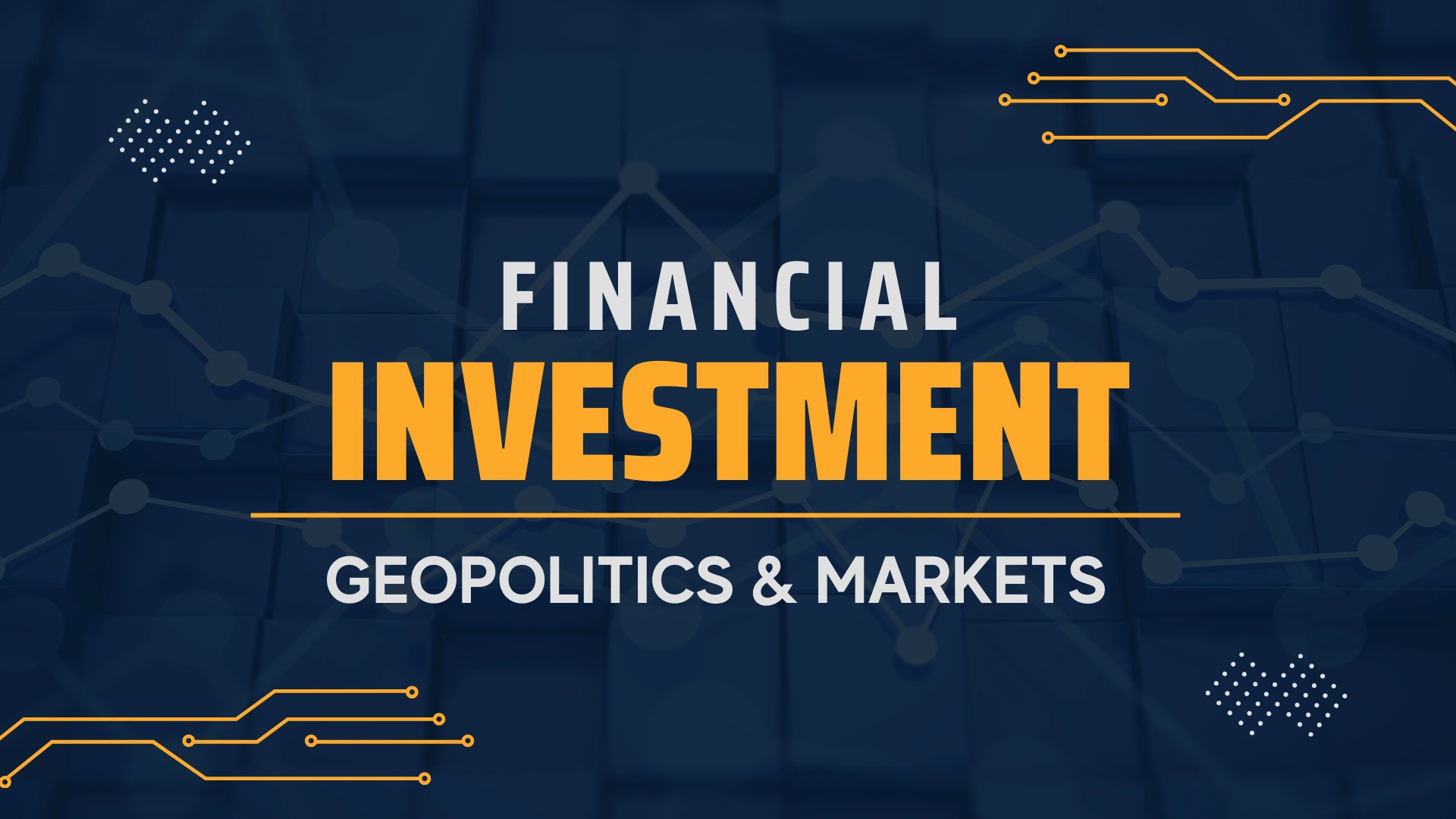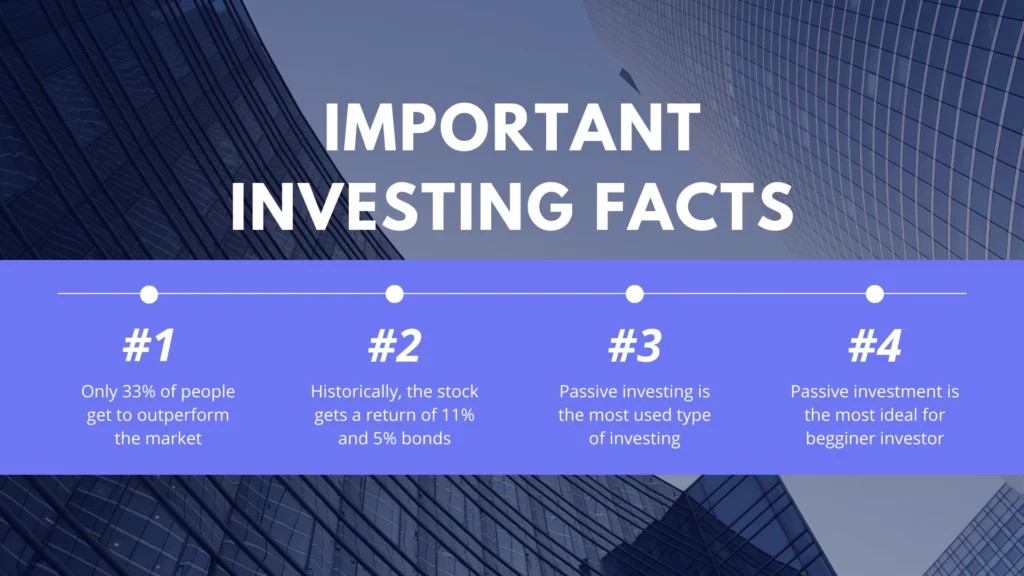
Geopolitics & Markets: How Global Tensions Shape Investment Decisions
Global tensions ripple through financial markets, nudging investors to rethink strategies. At AES Holdings, geopolitics is a key driver of market volatility. Conflicts, trade disputes, or political shifts can sway commodity prices, stock valuations, and entire economies. Investors face complex risks, yet opportunities hide in the chaos. Here’s how geopolitical risk in investing and ways to navigate it.
Investment Strategies in Times of Uncertainty
Geopolitical turbulence pushes investors toward safe-haven investments like gold, U.S. Treasuries, or stable currencies. Diversification across asset classes and regions helps cushion portfolios against sudden shocks. For instance, a mix of equities, bonds, and commodities can balance exposure to emerging market volatility. AES Holdings leans on dynamic asset allocation, adjusting portfolios as global economic risks shift. Hedging with options or futures also offers a buffer against market reaction to international tensions.
Staying agile matters. Investors who pivot quickly—say, by reallocating to defensive sectors like utilities or healthcare—often fare better during crises. Keeping cash reserves handy allows snapping up undervalued assets when markets dip. It’s like chess: anticipate moves, stay flexible, and always have a fallback plan.

Role of Real-Time Data in Risk Management
Real-time data acts like a compass for portfolio risk management. Market feeds, news alerts, and economic indicators provide instant snapshots of global events. AES Holdings taps into data streams to track the impact of sanctions on business or commodity price fluctuations. Tools like AI-driven analytics spot patterns in cross-border investing risks, giving investors a heads-up before markets react.
Speedy access to reliable data lets investors sidestep knee-jerk decisions. For example, monitoring trade war effects on stocks helps pinpoint sectors, like technology or manufacturing, likely to take a hit. Data-driven insights keep emotions in check, grounding choices in facts rather than panic.
How Can We Measure Geopolitical Risks?
Quantifying geopolitical risks sounds tricky, but it’s doable. AES Holdings uses political risk assessment models blending qualitative and quantitative metrics. Indices like the Geopolitical Risk Index (GPR) gauge tensions through media analysis and event tracking. Higher GPR scores signal choppier markets, prompting caution in macroeconomic instability.
Scenario analysis also helps. Investors can estimate potential losses by stress-testing portfolios against hypothetical events, like a new trade war or regional conflict. Combining these tools with expert judgment paints a clearer picture of financial market uncertainty. It’s less about predicting the future and more about preparing for surprises.
How Geopolitical Tensions Influence Investor Sentiment
Investor sentiment sways with headlines. A missile test in one region or a diplomatic spat elsewhere can spark sell-offs. Fear-driven markets amplify volatility, as seen during U.S.-China trade war escalations when tariffs rocked global supply chains. AES Holdings tracks sentiment indicators, like the VIX volatility index, to gauge market mood swings.
Confidence ebbs and flows with clarity. Stable governments and clear policies breed optimism, while political instability spooks investors. With their rapid growth potential, emerging markets often face sharper sentiment swings due to governance risks. Staying attuned to these shifts helps investors time entries and exits better.

Trade Wars and Tariffs
Trade wars hit markets hard. Tariffs, like those between the U.S. and China in recent years, disrupt supply chains and inflate costs. Sectors like agriculture, tech, and automotive feel the pinch first, with stock prices reflecting the pain. AES Holdings advises clients to eye tariff-exposed industries cautiously, favoring firms with diversified revenue streams.
Commodity markets also catch fire. Trade barriers can spike oil, metals, or grains prices, especially in energy market geopolitics. Investors can counter by tilting toward companies less reliant on global trade or holding assets that thrive in inflationary environments, like real estate investment trusts.
Political Instability and Risk in Emerging Markets
Emerging markets offer juicy returns but come with baggage. Political upheaval—think coups, elections, or policy U-turns—can tank currencies and equities overnight. AES Holdings balances the allure of high-growth regions with rigorous risk checks. Due diligence on local governance and economic stability guides investment calls.
Sanctions add another layer of complexity. Countries facing sanctions, like Russia or Iran, see restricted market access, hammering local businesses. Investors sidestep these traps by focusing on markets with stronger institutions or using exchange-traded funds to spread risk across multiple emerging economies.
Geopolitical risks shape markets in unpredictable ways. AES Holdings empowers investors with tools, data, and strategies to stay ahead. From haven investments to real-time risk tracking, smart moves can turn uncertainty into opportunity. Markets may wobble, but investors can keep their footing with the right playbook.


